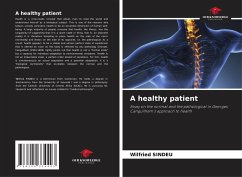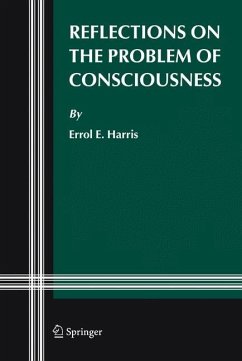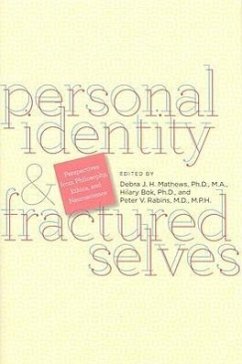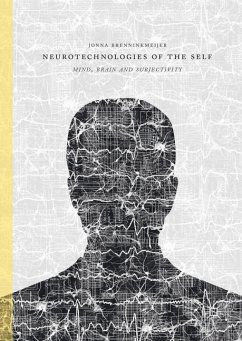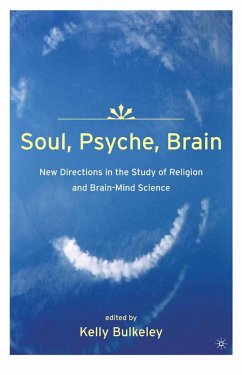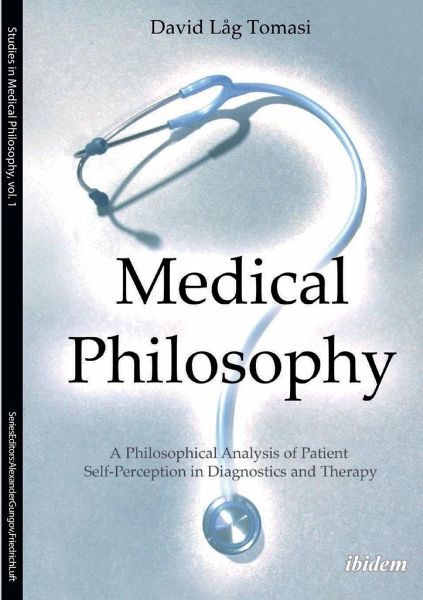
Medical Philosophy. A Philosophical Analysis of Patient Self-Perception in Diagnostics and Therapy
Versandkostenfrei!
Versandfertig in 1-2 Wochen
59,90 €
inkl. MwSt.

PAYBACK Punkte
0 °P sammeln!
This innovative book concentrates on the important distinction between philosophy of medicine and medical philosophy, by expanding the focus from 'knowing that' of the first term to the 'knowing how' of the latter. Thus, the idea of patient and provider self-discovery becomes integral part, method, and strategy at the basis of therapeutic treatment. Among the most important contributions of this volume, the definition of 'Central Medicine', overcoming the dichotomy Western-Eastern medicine and Traditional-Integrative approaches, is presented under the lenses of hermeneutics, with particular re...
This innovative book concentrates on the important distinction between philosophy of medicine and medical philosophy, by expanding the focus from 'knowing that' of the first term to the 'knowing how' of the latter. Thus, the idea of patient and provider self-discovery becomes integral part, method, and strategy at the basis of therapeutic treatment. Among the most important contributions of this volume, the definition of 'Central Medicine', overcoming the dichotomy Western-Eastern medicine and Traditional-Integrative approaches, is presented under the lenses of hermeneutics, with particular regards to neurosciences, psychiatry, and psychology. Evidence-Based and Patient-Centered Medicine are analyzed within the debate on placebo and non-specific effects. Furthermore, the clinical research presented in the appendix investigates the patient-doctor relationship, and the interactive nature of human relationships in general, including environment, personal beliefs, and perspectives onlife's meaning and purpose. Tomasi's research covers neuroscience, psychology, philosophy, and medicine. In this book, a wide array of questions and answers pertaining to these areas is presented in a clear, readable, and detailed way, satisfying the needs of professionals, students, and anyone who enjoys the exploration of the complexity of human mind, brain, and heart.





